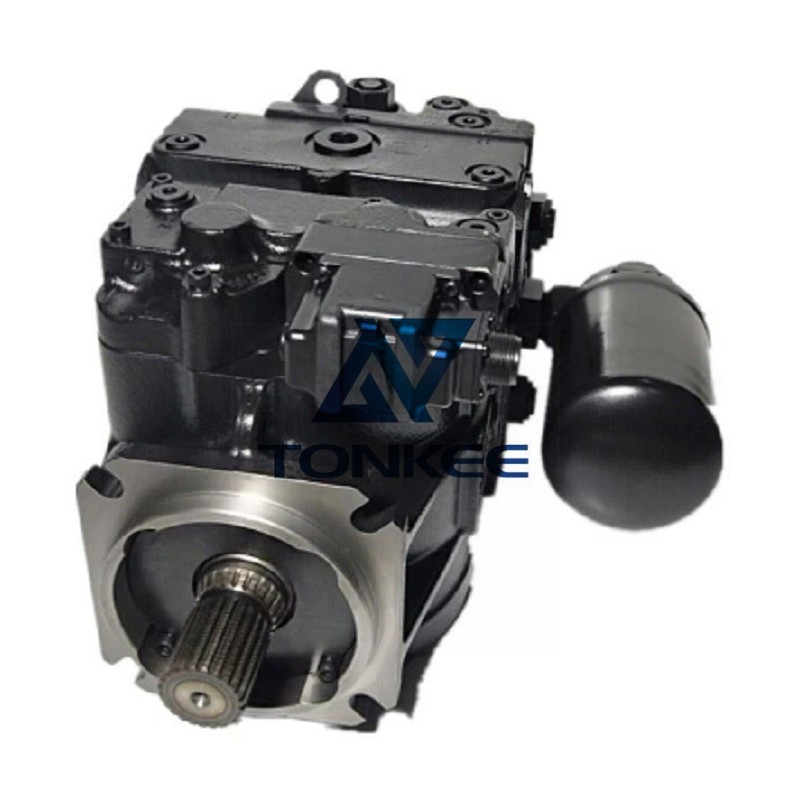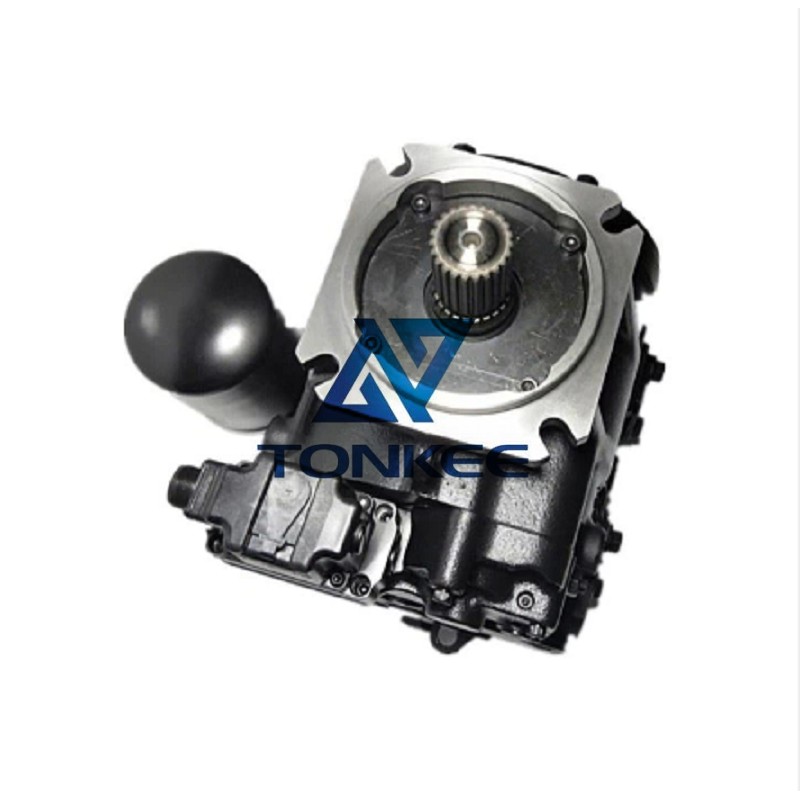
Flow Rate: The flow rate of a hydraulic pump refers to the volume of fluid it can deliver per unit of time.
It is typically measured in gallons per minute (GPM) or liters per minute (LPM). The flow rate requirement depends on the hydraulic system's needs, such as the size of actuators or cylinders.
Pressure Rating: The pressure rating indicates the maximum pressure that a hydraulic pump can generate. It is usually measured in pounds per square inch (PSI) or bar. The pressure rating must be compatible with the system's requirements to ensure proper operation and safety.
Power Source: Hydraulic pumps can be powered by various sources, such as electric motors, internal combustion engines, or even manual operation. The power source affects the pump's speed, efficiency, and application suitability.
Efficiency: Hydraulic pump efficiency refers to the ratio of the pump's output power to the input power. Higher efficiency pumps minimize energy loss, resulting in improved overall system performance and reduced operating costs.
Size and Mounting: Hydraulic pumps come in different sizes and mounting configurations.
The size and mounting options should align with the available space and the system's layout requirements.
Noise and Vibration Levels: Some hydraulic applications require low noise and vibration levels. Pump manufacturers may provide specifications regarding the noise and vibration characteristics of their pumps to meet specific application needs.
Operating Temperature Range: Hydraulic pumps should be capable of operating within a specified temperature range. Extreme temperatures can affect the performance and durability of hydraulic systems, so it is essential to consider the ambient temperature conditions.
Materials and Sealing: Hydraulic pumps are typically constructed from materials like cast iron, steel, or aluminum alloy. The choice of materials affects the pump's durability and resistance to corrosion. Sealing mechanisms are also crucial to prevent leakage and maintain system efficiency.
Maintenance and Service Requirements: Hydraulic pumps may have specific maintenance and service intervals, including oil changes, filter replacements, and seal inspections. Manufacturers often provide guidelines for proper maintenance to ensure reliable and long-lasting pump operation.


















